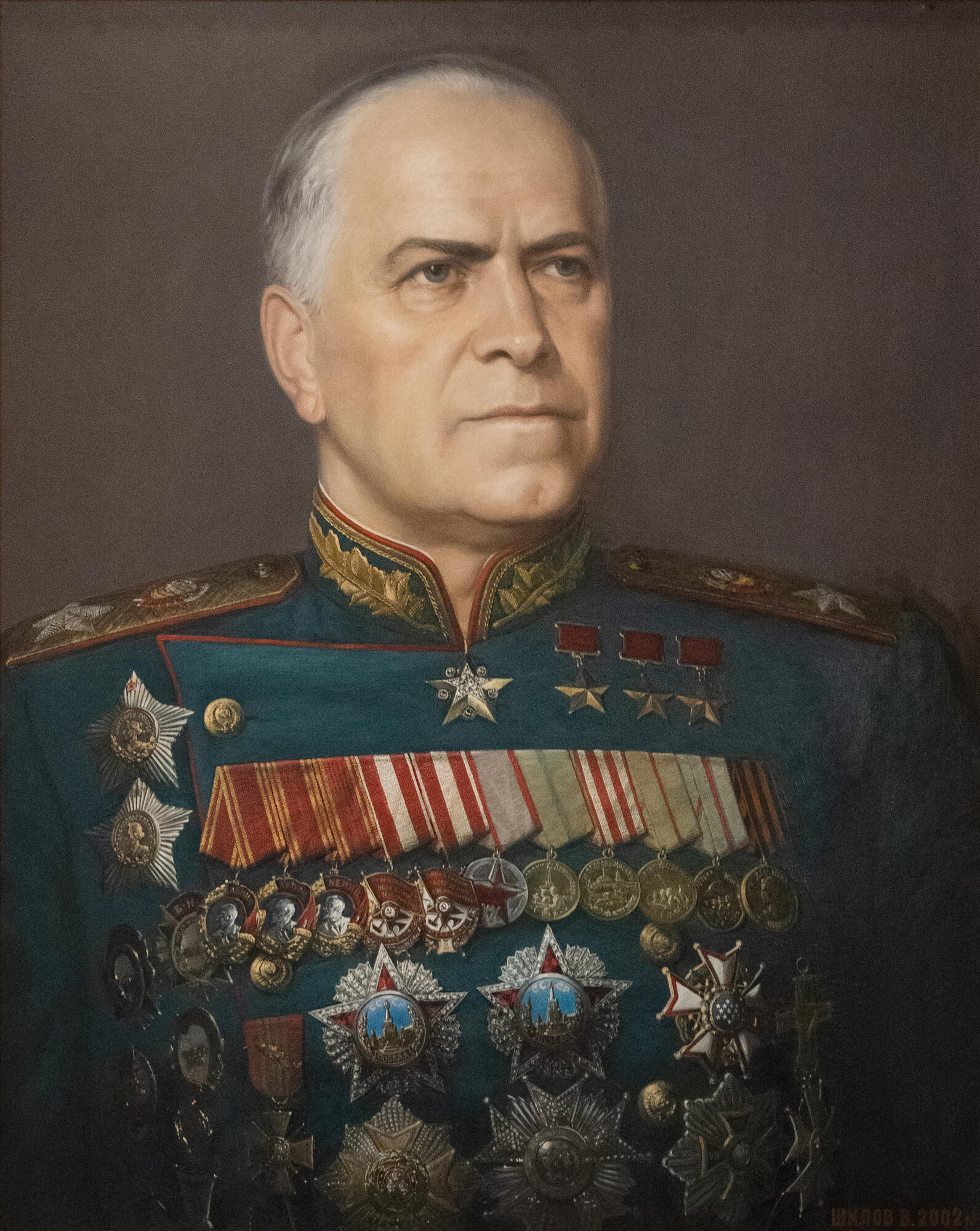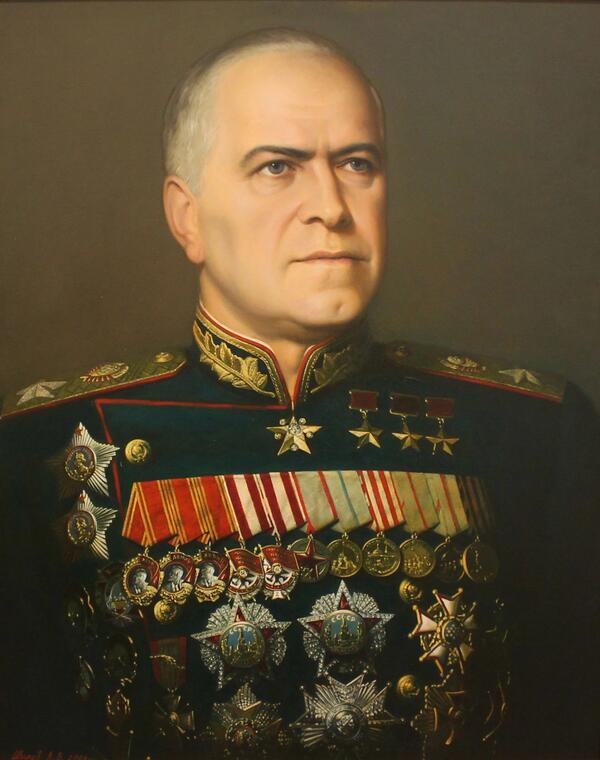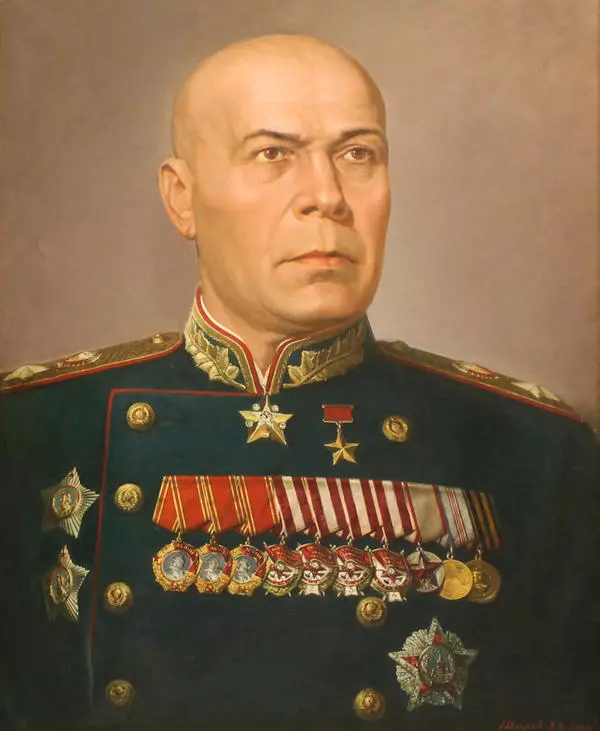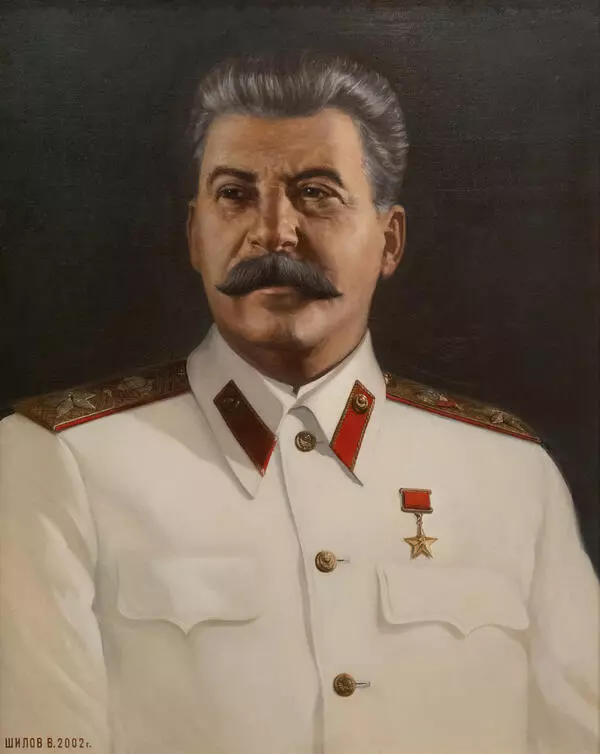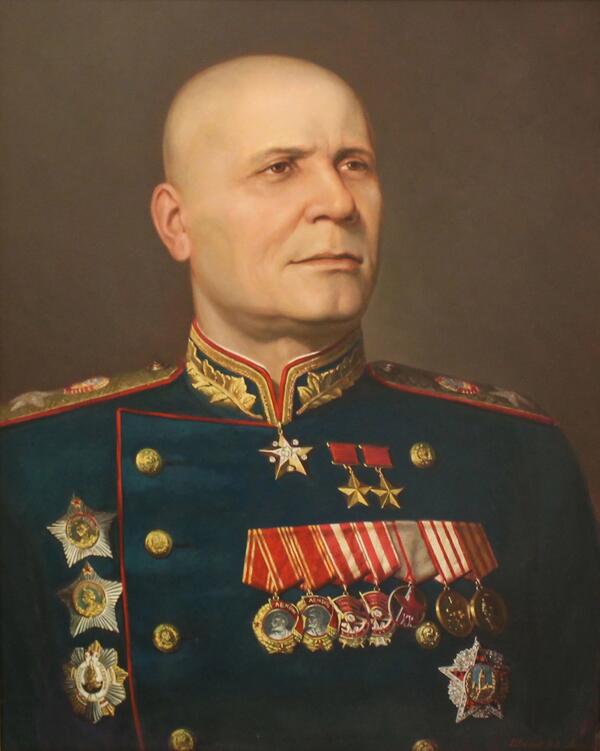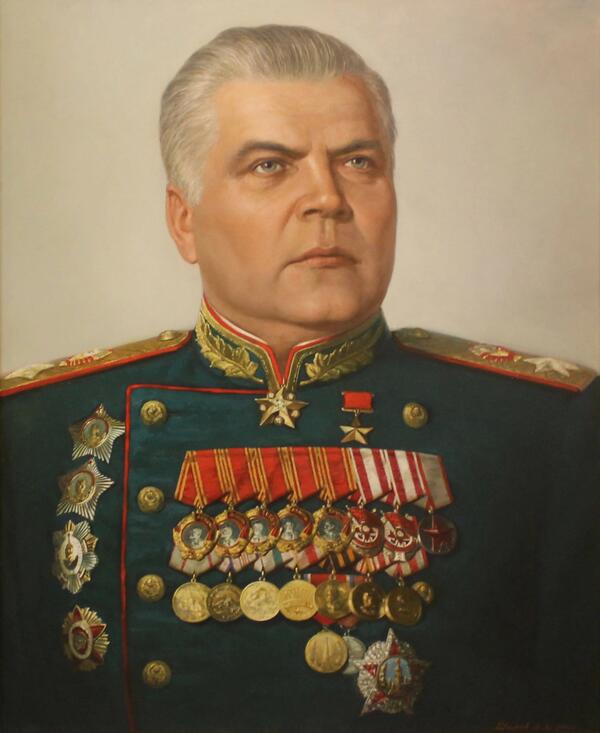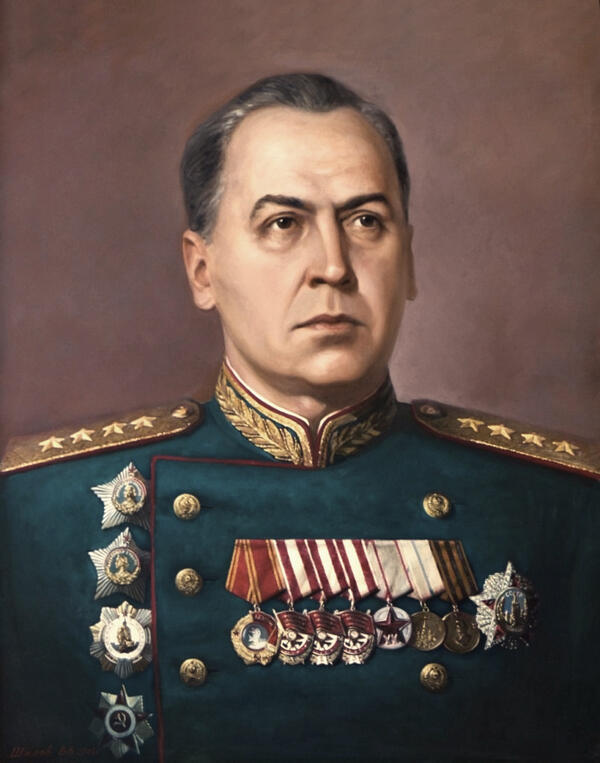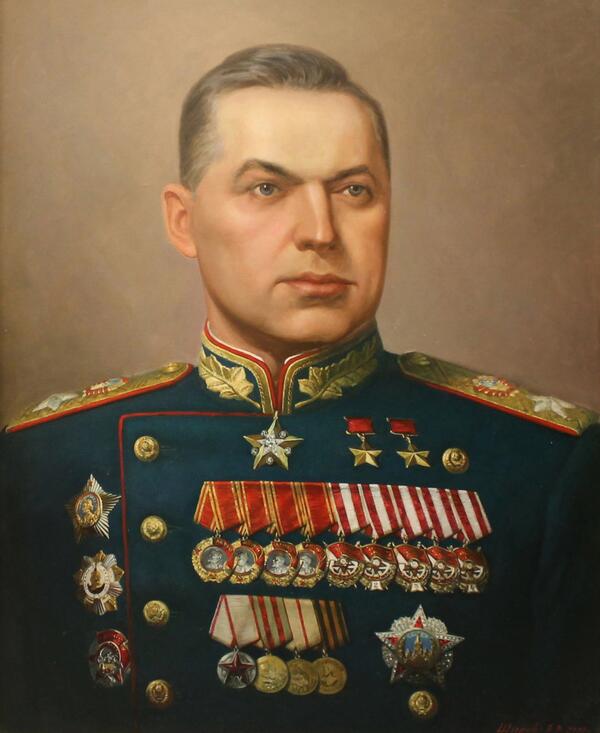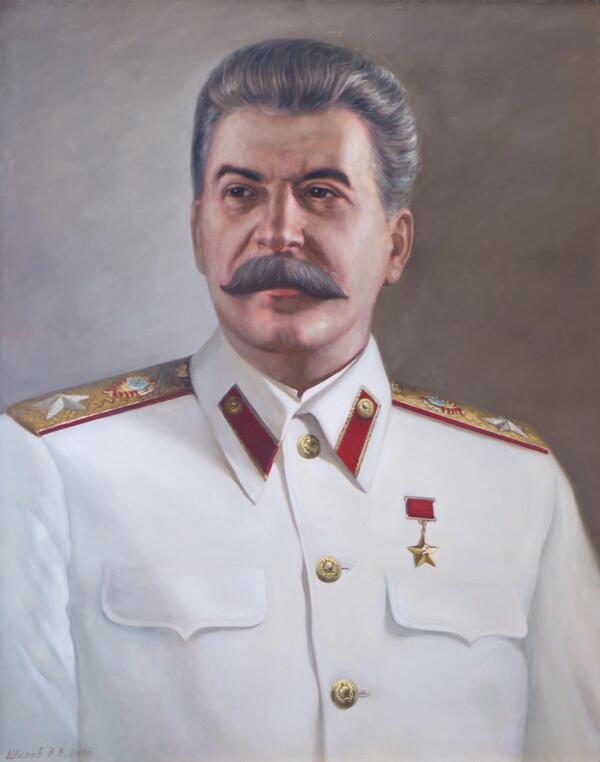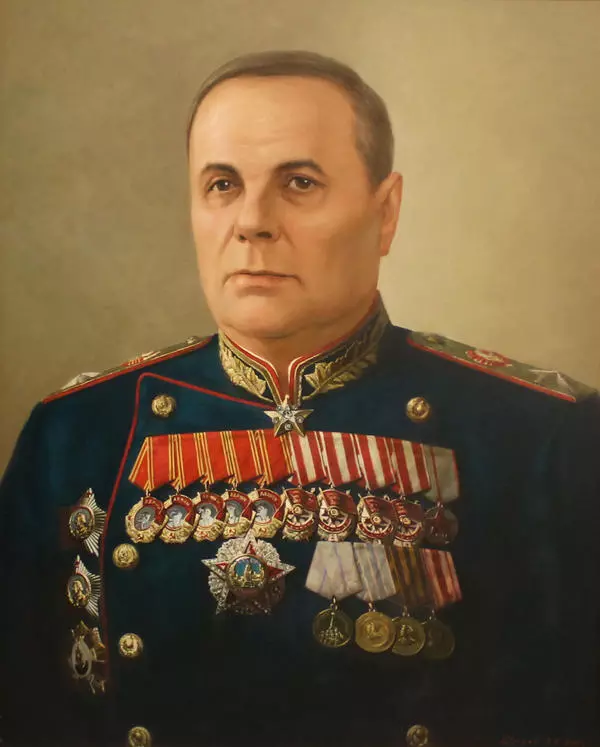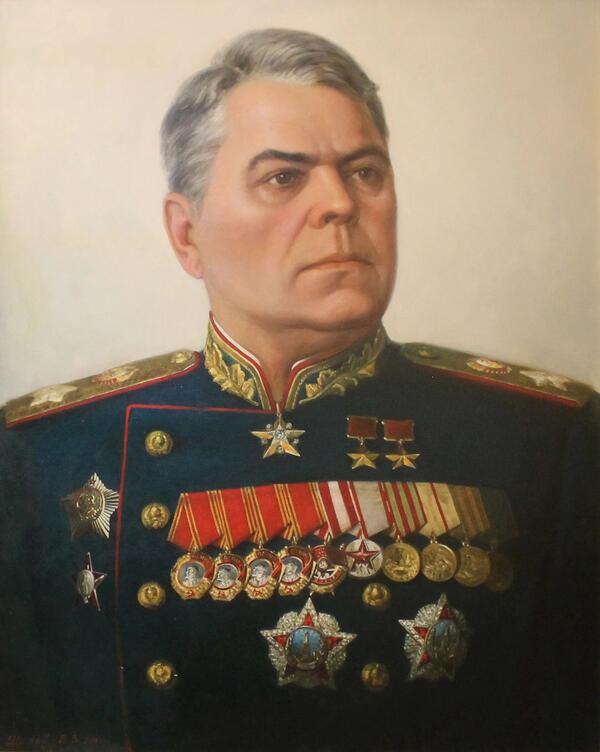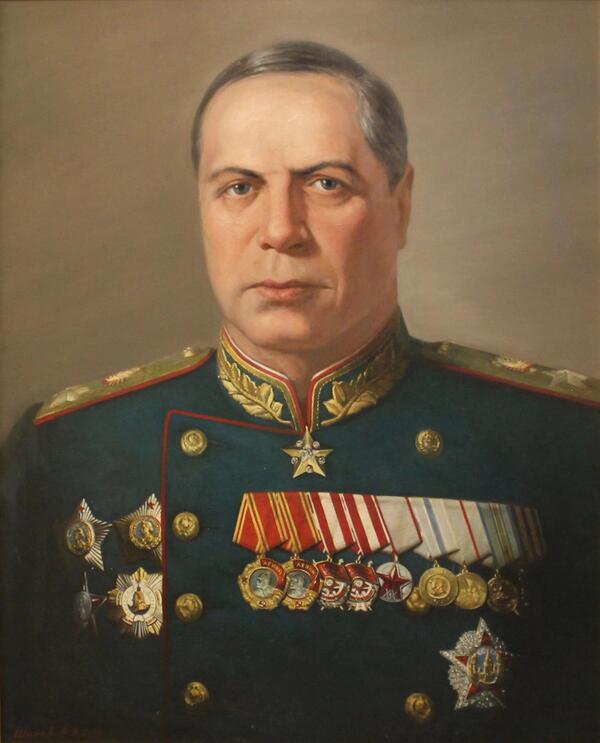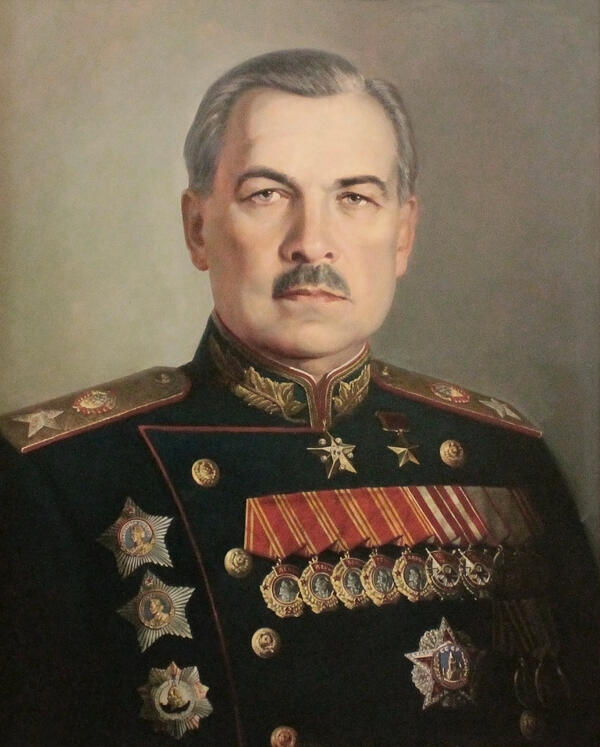Georgy Konstantinovich Zhukov was born on December 1, 1896, in the village of Strelkovka, Kaluga Governorate. In 1915, he was conscripted into the Imperial Russian Army and participated in World War I. In 1918, he enlisted in the Red Army and fought in the Russian Civil War. Between the two world wars, he advanced through the ranks from a regiment commander to Chief of the General Staff.
Georgy Zhukov became one of the key commanders of World War II. By the time the Germans invaded the Soviet Union, Zhukov was Chief of the General Staff. During the war, he coordinated the actions of the Reserve, Leningrad, Western, 1st Ukrainian, and 1st Belorussian Fronts. Zhukov was a member of the Headquarters of the Supreme High Command and was its representative for the fronts. He was also appointed Deputy Commander-in-Chief. Zhukov organized several successful offensives, including Operation Uranus near Stalingrad, Operation Bagration in Byelorussia, the Vistula-Oder Offensive, and the Battle of Berlin. In the early periods of the war, the Headquarters repeatedly sent Marshal Zhukov to those fronts where the situation was critical at that particular moment. Zhukov delivered the Red Army’s first major victory in the Great Patriotic War by retaking Yelnya. He also oversaw the defense of Leningrad and Moscow, and in the summer of 1942, his troops attacked the Germans in the Battles of Rzhev. In the Battle of Stalingrad, Zhukov coordinated counterattacks near Kotluban to protect Stalingrad from the offensives of the Germans.
Georgy Zhukov had a profound understanding of the frontline situation and could predict the enemy’s actions. He was committed to the advanced approach of managing the troops directly from the frontline, similar to all successful commanders of World War II. Georgy Zhukov paid great attention to keeping the planned operations secret. Thanks to this approach, the enemy did not find out about the offensives under Rzhev. The operations Uranus, Bagration, and the Vistula-Oder Offensive were also unexpected for the Germans.
The troops led by Marshal Zhukov had the lowest loss ratios. Zhukov preferred to send tank armies and brigades into breakthrough attacks, and the enemy’s defense was destroyed by the artillery and aviation.
During the Berlin Offensive Operation, Georgy Zhukov managed the 1st Belorussian Front which stormed Berlin.
Georgy Zhukov became a national hero and a symbol of the national strength of the Soviet Union.
Georgy Zhukov became one of the key commanders of World War II. By the time the Germans invaded the Soviet Union, Zhukov was Chief of the General Staff. During the war, he coordinated the actions of the Reserve, Leningrad, Western, 1st Ukrainian, and 1st Belorussian Fronts. Zhukov was a member of the Headquarters of the Supreme High Command and was its representative for the fronts. He was also appointed Deputy Commander-in-Chief. Zhukov organized several successful offensives, including Operation Uranus near Stalingrad, Operation Bagration in Byelorussia, the Vistula-Oder Offensive, and the Battle of Berlin. In the early periods of the war, the Headquarters repeatedly sent Marshal Zhukov to those fronts where the situation was critical at that particular moment. Zhukov delivered the Red Army’s first major victory in the Great Patriotic War by retaking Yelnya. He also oversaw the defense of Leningrad and Moscow, and in the summer of 1942, his troops attacked the Germans in the Battles of Rzhev. In the Battle of Stalingrad, Zhukov coordinated counterattacks near Kotluban to protect Stalingrad from the offensives of the Germans.
Georgy Zhukov had a profound understanding of the frontline situation and could predict the enemy’s actions. He was committed to the advanced approach of managing the troops directly from the frontline, similar to all successful commanders of World War II. Georgy Zhukov paid great attention to keeping the planned operations secret. Thanks to this approach, the enemy did not find out about the offensives under Rzhev. The operations Uranus, Bagration, and the Vistula-Oder Offensive were also unexpected for the Germans.
The troops led by Marshal Zhukov had the lowest loss ratios. Zhukov preferred to send tank armies and brigades into breakthrough attacks, and the enemy’s defense was destroyed by the artillery and aviation.
During the Berlin Offensive Operation, Georgy Zhukov managed the 1st Belorussian Front which stormed Berlin.
Georgy Zhukov became a national hero and a symbol of the national strength of the Soviet Union.
